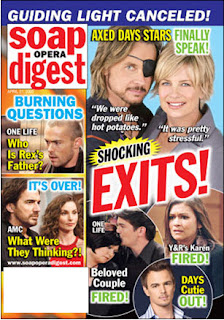 |
| "Maybe everything isn't hopeless bullshit." |
Allie Brosh
369 pages
Summary Link
Rating: 9
WHAT I EXPECTED:
This will be the funniest book I own.
WHAT I GOT:
This is now the funniest book I own.
I was introduced to the perfection that is Allie Brosh's Hyperbole and a Half comic/essay blog a couple years ago. I'm not a big blog reader, particularly not of people's personal blogs, but my friend Joyce sent me the link to The Fish Story while I was at work. Joyce apparently wanted me to get fired, because this is not a story you should read at work. It's not a story you should read anywhere near other people, in fact, because then you will have to deal with them staring at you. They will be staring because you will be laughing a bit too much and it will alarm them. I laughed so hard I cried, sitting at my very public desk, making undoubtedly ridiculous noises as I tried (and failed) to be hysterical as quietly and unobtrusively as possible.
Humor is a tricky thing to explain, but whatever it is, Brosh has it in spades. She transforms the moments of her life into hilarious illustrations that I wish I could plaster around my room. However, silliness isn't the only quality offered here. Brosh brings truth as well, the kind where you say "oh, yes, that's it exactly! Finally someone figured out how to explain it!" Sometimes that truth is also silly ("Clean all the things? No...internet forever!"), but sometimes it's deeper. As strange and non sequitur as this sounds, if I was trying to educate a person about depression, I would suggest to them two texts: one would be Andrew Solomon's Pulitzer prize-winning tome The Noonday Demon, and the other would be Brosh's illustrated essays about her own personal struggle. She perfectly captures what it feels like to be depressed, while still managing to imbue it with a wry humor. If that's not an incredible skill, then I don't know what is.
In physical book terms, this is a well-constructed book. The art is obviously more condensed than it appears on the website, but it's not too small and she did a good job on the layout. There's a good mix of old material from the blog with some great new stories (Brosh breaks down the exact content on the site). It's definitely worth the money.
The only reason I didn't rate it a perfect ten is because it doesn't include the fish story.
[In blog-related news, I've finished a horrific two-week cycle of exams at school, and thus should have a more regular schedule of posting from now on!]
















